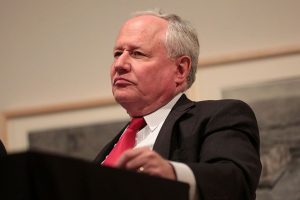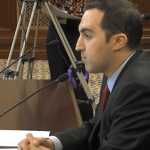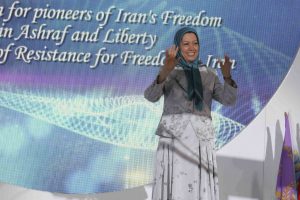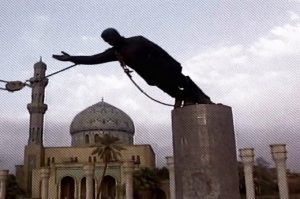This past September, The Wall Street Journal Asia’s editorial board heralded the Japanese and South Korean enforcement of UN sanctions against Iran as “worth cheering” and a sign that South Korea was “growing up as a democracy.”
But the news today that South Korea has appointed two state-run banks to finance trade with Iran, might make the WSJ editorial board rethink their premature exuberance over the effectiveness of the sanctions regime.
Christian Oliver, Song Jung-a and Anna Fifield write in the Financial Times:
The US had pressured South Korea to cut out trade with Iran following the imposition of sanctions in September. Washington praised Seoul when South Korea announced its own measures.
Soon after the sanctions announcement, however, South Korea quietly reached a financing agreement with the Iranian central bank to buttress trade.
Seoul says that from this month Woori Bank and the Industrial Bank of Korea can finance legitimate trade with Iran in sectors unaffected by sanctions.
South Korea has a $10 billion annual trade relationship with Iran and is clearly eager to retain what commerce they can with the Islamic Republic.
Seoul’s effort to find ways of maintaining its commercial relationships with Iran is yet another example of the challenge of imposing a sanctions regime on Iran, which has a diverse and well established set of trading relationships in the increasingly globalized and interconnected economy.
The FT article says:
But in Washington officials said the South Korean move would increase transparency in dealings with Iran. “This is a measure to ensure that some of the shadier private banks in Iran are not involved [in business transactions],” said a state department spokesman.
The Iranian central bank will deposit proceeds from oil sales in South Korea at Woori and IBK. The funds will be used to ensure payments for South Korean exporters that had been retreating from Iran.




